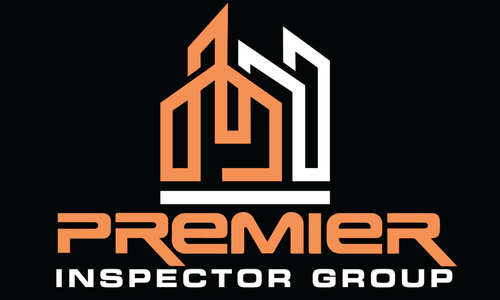Our Services
Our inspections are performed with great care and attention to detail.
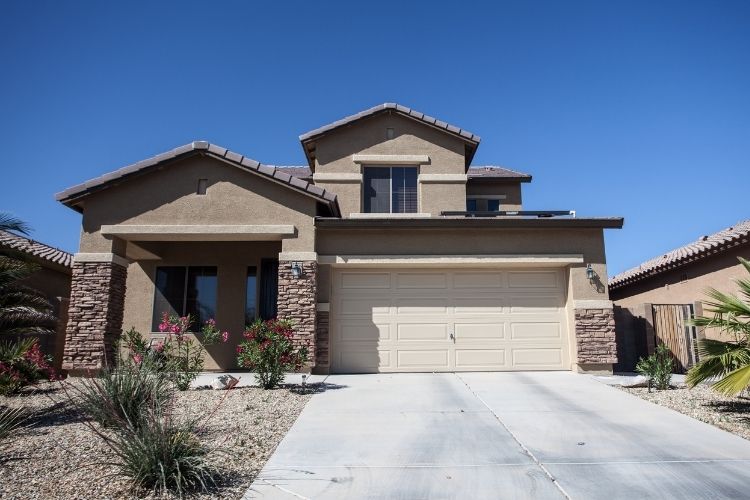
Residential Inspections
Our thorough inspections provide a detailed assessment of your home’s condition, covering everything from foundation to roof. With comprehensive reports, you can make informed decisions about your property.

commercial inspections
A commercial building inspection helps you identify potential problems before they become expensive repairs or even worse, an unsafe structure. It also gives you peace of mind knowing that your property is safe for tenants and visitors. This type of inspection is required by law in most states.

new build Inspections
Newly constructed homes need an objective third-party to inspect. The city or county inspectors often don’t catch everything, but we’ve been trained to have a keen eye for anything that could compromise a new home’s lifetime or safety.

warranty Inspections
Just because your home is new, doesn’t mean it is defect-free. We perform a full home inspection before the builder’s warranty expires. At your 11-month mark, this may be your last chance to take advantage of your warranty!
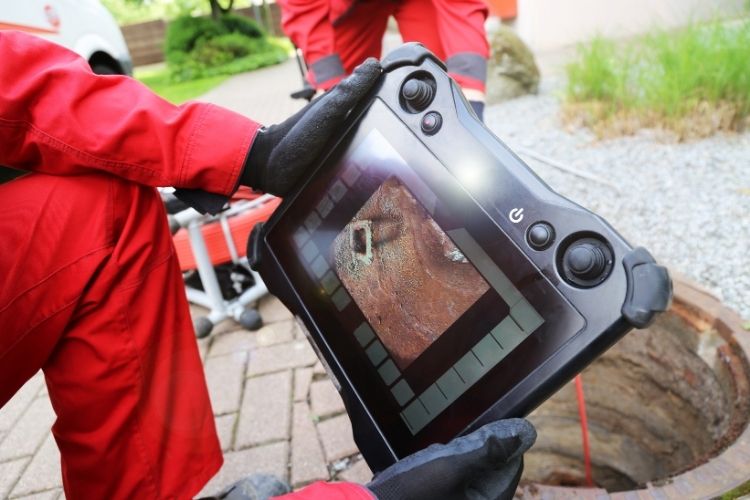
sewer scope inspections
Are your sinks and tubs emptying too slowly? We use a special camera to scope the sewer line to visualize any blockages that are interfering with the plumbing system’s proper drainage. Finding and addressing such problems now can head off catastrophic and expensive repairs later.
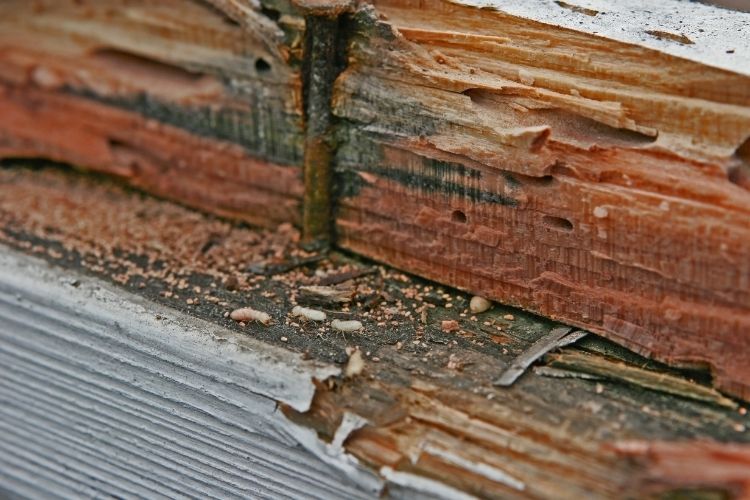
Termite Inspections
Protect your home from silent threats with our expert termite inspections. We meticulously examine your property for any signs of termite activity or damage, helping you prevent costly repairs and maintain the integrity of your home.
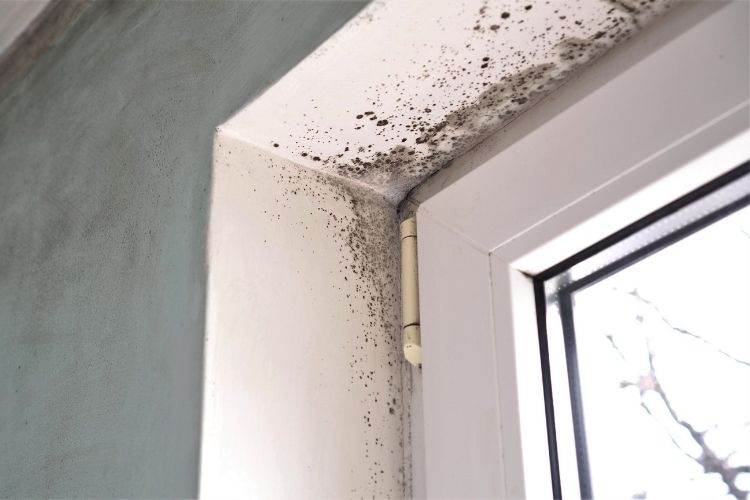
air quality and mold Inspections
Indoor air quality and mold inspections are essential for identifying hidden health risks in homes and businesses. The goal is to pinpoint sources of microbial growth and provide clear remediation recommendations, ensuring a healthier indoor environment.

pool inspections
We’ll inspect your pool thoroughly–from filters and pumps to plumbing and heaters–to identify any issues. We provide you with a comprehensive report including photos and recommendations for repair or replacement if necessary.

Solar Inspections
We check the panels for damage or wear, assess the roof and mounting system, inspect the electrical components for safety and verify proper installation of the entire system.
Frequently Asked Questions
Buying or selling a home can be a stressful experience, but we’re here to ensure you know what to expect during your home inspection.
A home inspection includes checking for any structural issues such as foundation cracks, roof leaks, plumbing issues, electrical wiring, heating/cooling systems, insulation, windows, doors, chimneys, etc. Depending on how big the property is, a home inspection typically takes 2-3 hours.
Ensure all inspection points are free from clutter, including any closets that might lead to a crawlspace or attic, and clearing some space around your home’s perimeter. It’s also important to check the functionality of all built-in appliances, electric, and gas. If you don’t plan to attend the inspection, make sure your inspector has access to the home, and all pets are properly contained or moved.
A home doesn’t pass or fail an inspection. Instead, a home inspection is a thorough audit of your home’s components. In most cases, there will be concerns marked on your home inspection report, but these are strictly informative.
While you can legally skip a home inspection in many cases, doing so could mean you may end up buying a home that has major issues that need to be fixed.
While a home inspector may recommend some minor repairs, they are not qualified to make major repairs. He or she can provide information about what needs to be repaired — and it might be helpful to know that information — but the decision to actually do the work lies solely with the homeowner. Not only does this give you the freedom to choose your contractors, but it also helps prevent a conflict of interest.
A home inspection can affect appraisals for two reasons: 1) The inspector may find something wrong with the property that would lower the value of the home, 2) The inspector may find things that need repair which could increase the value of the home. If the inspection finds issues that require repairs, then the seller has to decide whether they want to fix them themselves, or hire someone else to do it. If the buyer wants to purchase the home, he/she must be willing to pay for those repairs.
